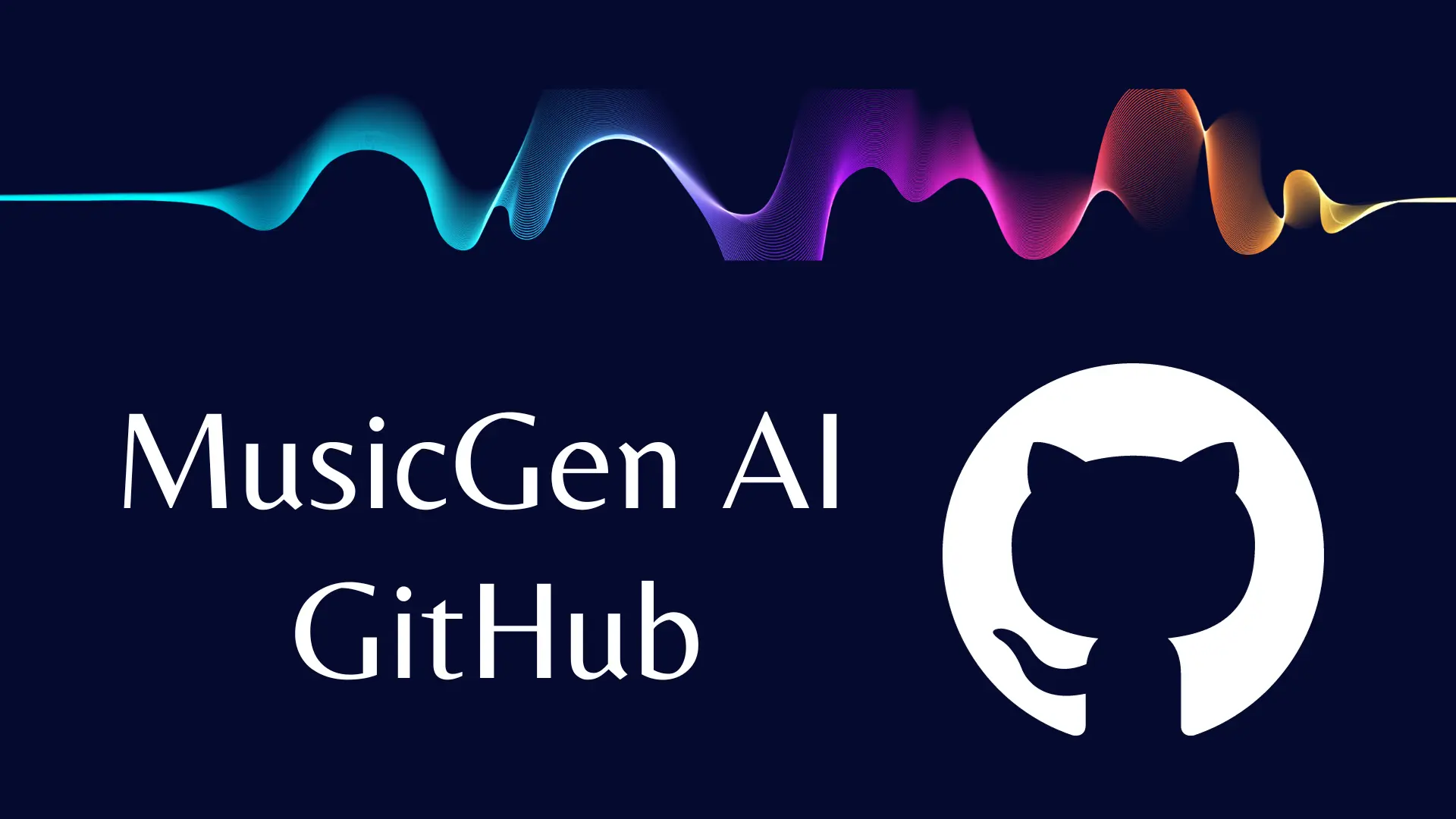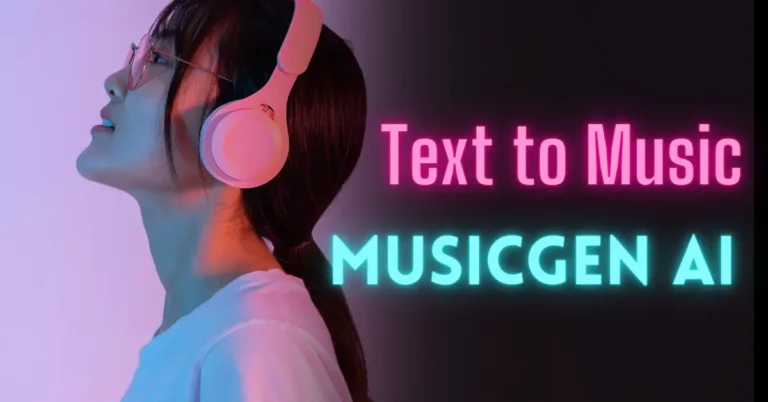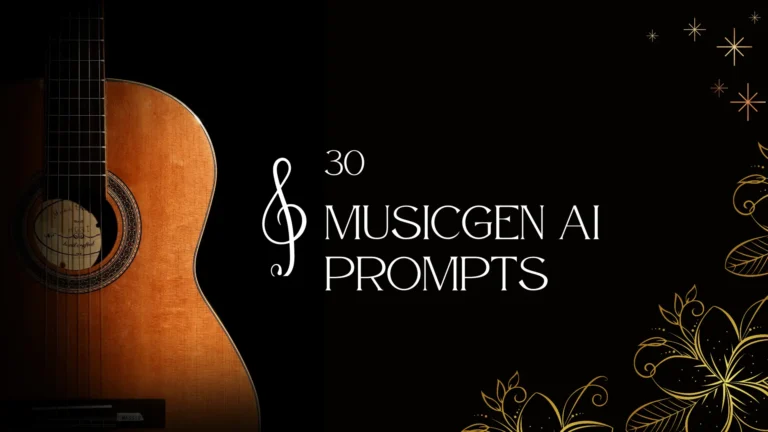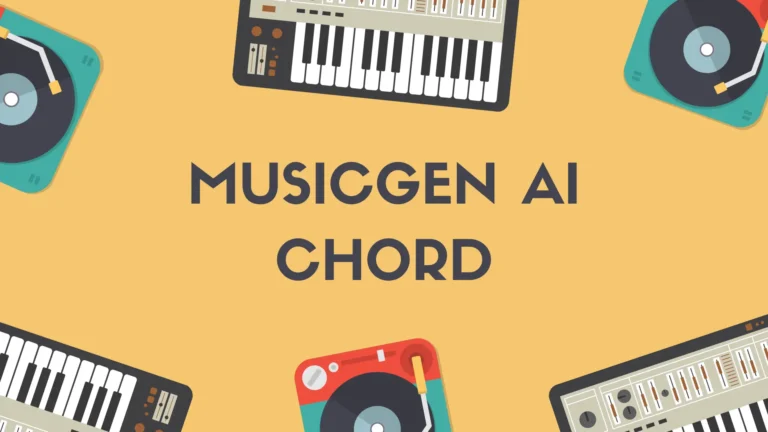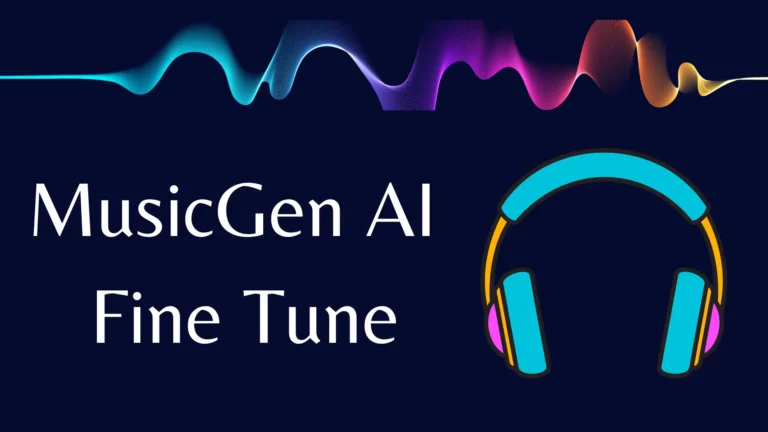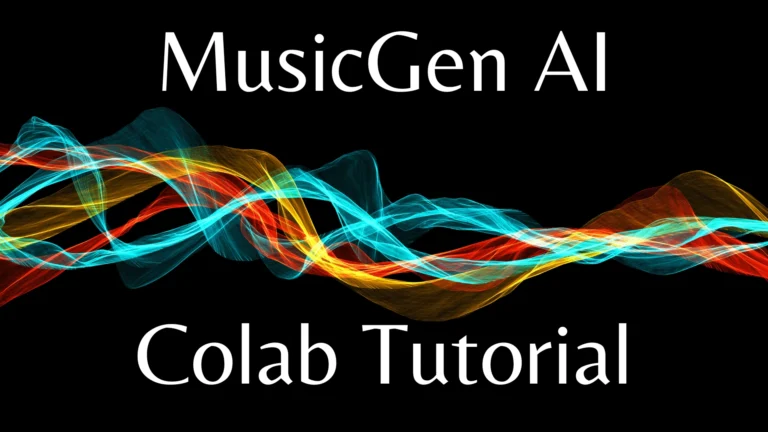Musicgen AI Github: All You Need to Know
Developed by Meta, MusicGen is a state-of-the-art AI tool designed for music generation. It uses advanced machine learning algorithms to create music based on text descriptions, melodies, or audio inputs.
MusicGen is an innovative tool in AI music creation, known for its flexibility and ability to produce high-quality music. This tool significantly expands the possibilities in the AI music field.
This article will guide you through using the MusicGen tool on GitHub. You’ll learn how to find and understand MusicGen’s page, including its layout and main features. Plus, you’ll get to know how to make the most of MusicGen with the help of detailed guides and information provided there.
The Role of GitHub in Open Source Projects
GitHub is a popular platform for sharing and working on open-source projects like MusicGen.
It’s a place where developers and enthusiasts come together to improve and develop tools, making everything more transparent and collaborative. This community-driven approach helps in making these projects better and more useful.
MusicGen GitHub Repository Overview
Accessing the MusicGen Repository
Accessing MusicGen on GitHub is straightforward. Users can visit the GitHub website and search for “MusicGen” in the repository search bar, or they can directly navigate to the MusicGen repository using the provided link.
This accessibility ensures that anyone interested in AI music generation can explore and use MusicGen.
Repository Structure and Key Components
Upon entering the MusicGen repository, users will find a well-structured layout that facilitates easy navigation.
The repository typically includes source code, examples, and potentially pre-trained models. Users will also find scripts for installation and usage, making it easier to get started with MusicGen.
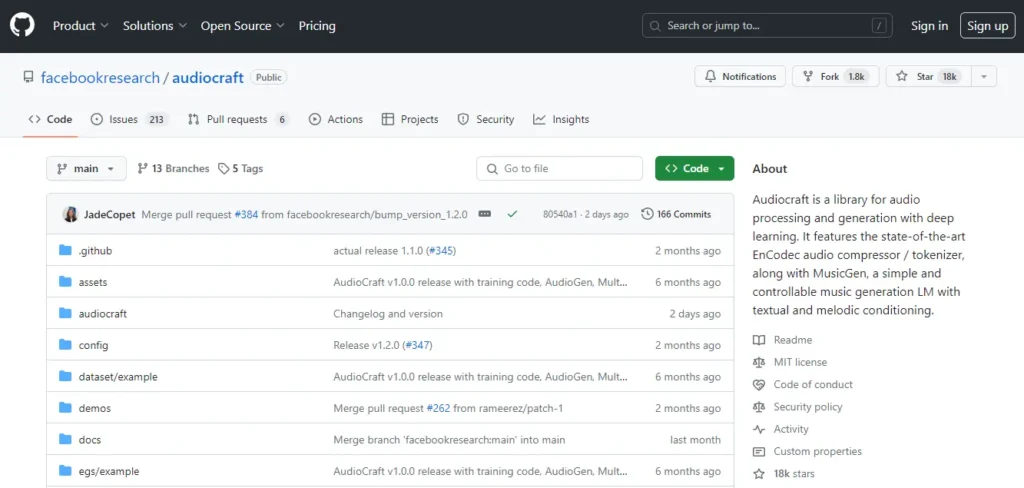
The repository is designed to cater to both beginners and experienced users, with a clear segregation of different components.
Overview of the Documentation Available
One of the most critical aspects of any GitHub repository is its documentation, and MusicGen’s repository excels in this area. The documentation thoroughly explains the installation process, how to get started with generating music, and how to use the advanced features of MusicGen.
It often includes FAQs, troubleshooting guides, and best practices for using the tool effectively. This extensive documentation is instrumental in helping users of all skill levels understand and make the most out of MusicGen.
Conclusion:
In conclusion, MusicGen’s repository on GitHub is not just a source code repository but a comprehensive resource for anyone interested in AI and music. Whether you’re a developer, a musician, or simply an AI enthusiast, MusicGen offers a unique opportunity to explore the convergence of technology and music art.
Demi Franco, a BTech in AI from CQUniversity, is a passionate writer focused on AI. She crafts insightful articles and blog posts that make complex AI topics accessible and engaging.
